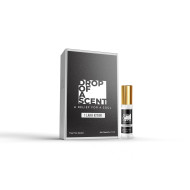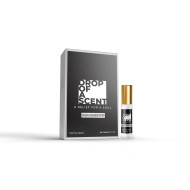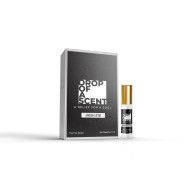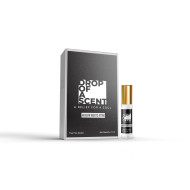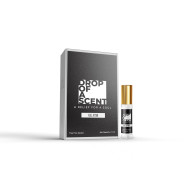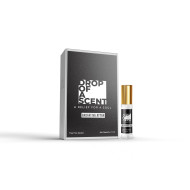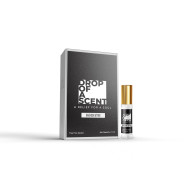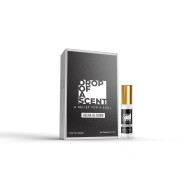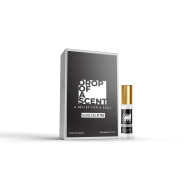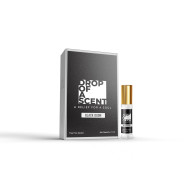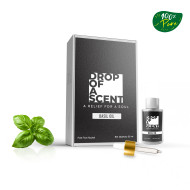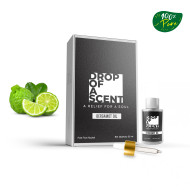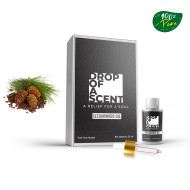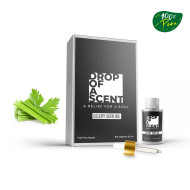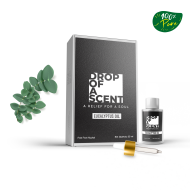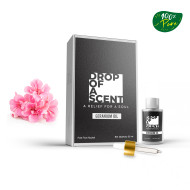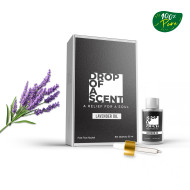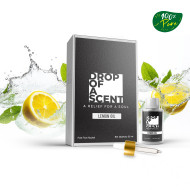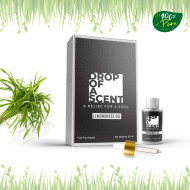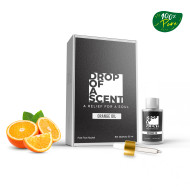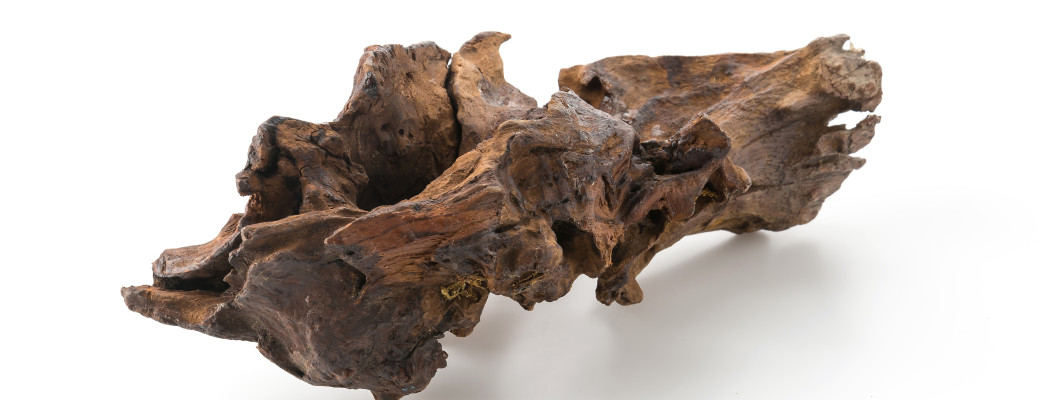
In the world of perfumery, there exists an enigmatic essence that has captivated the senses of humanity for centuries: Oudh, also known as agarwood or aloeswood. Originating from the heartwood of Aquilaria trees, particularly prevalent in Southeast Asia, this aromatic treasure has been revered for its rich, woody aroma and deeply complex character.
Historical Reverence: Oudh's allure is steeped in history, dating back thousands of years. Its usage can be traced to ancient civilizations such as the Egyptians, who valued it for its aromatic properties in religious ceremonies and embalming rituals. Throughout the ages, it has held significance in various cultures, from the Middle East to East Asia, where it was used in traditional medicine, incense, and perfumery.
The Essence of Oudh: The journey of oudh begins with the Aquilaria tree, which undergoes a transformative process when infected with a specific type of mold. This infection triggers the tree to produce a resinous substance in response to protect itself, resulting in the formation of agarwood. It is this resin-infused heartwood that possesses the distinctive aroma sought after by perfumers and connoisseurs.
A Fragrant Symphony: The scent of oudh is often described as complex, with layers of woody, balsamic, and sometimes fruity or floral notes. Its aroma evolves over time, revealing different facets depending on factors such as the quality of the wood, the extraction method, and the aging process. Oudh is commonly used as a base note in perfumery, adding depth, longevity, and a touch of mystery to fragrances.
Cultural Significance: Beyond its olfactory appeal, oudh holds profound cultural significance in many societies. In the Middle East, it is considered a symbol of luxury, prestige, and hospitality. Oudh is often used in special occasions such as weddings, religious ceremonies, and social gatherings, where its aroma enhances the ambiance and creates a sense of opulence.
Sustainable Practices: The growing demand for oudh has raised concerns about the sustainability of its production. Due to overharvesting and illegal logging, many Aquilaria trees are now endangered species. Recognizing the importance of conservation, efforts are being made to promote sustainable practices such as agarwood cultivation and responsible harvesting techniques. By supporting ethical sourcing and cultivation initiatives, consumers can contribute to the preservation of this precious resource for future generations.
Modern Applications: In recent years, oudh has experienced a resurgence in popularity in the world of perfumery and beyond. Its exotic allure has inspired a myriad of fragrance creations, ranging from traditional Middle Eastern attars to contemporary Western blends. Oudh-infused products extend beyond perfumes to include candles, incense, body lotions, and even gourmet items such as tea and chocolate, offering aficionados various ways to experience its intoxicating aroma.
Conclusion: In a world filled with fleeting trends and fleeting sensations, oudh stands as a timeless symbol of elegance, sophistication, and cultural heritage. Its enduring appeal transcends borders and generations, captivating the senses and igniting the imagination with its fragrant mystique. As we continue to unravel the secrets of this extraordinary essence, let us cherish and preserve the legacy of oudh for the enjoyment of generations to come.

